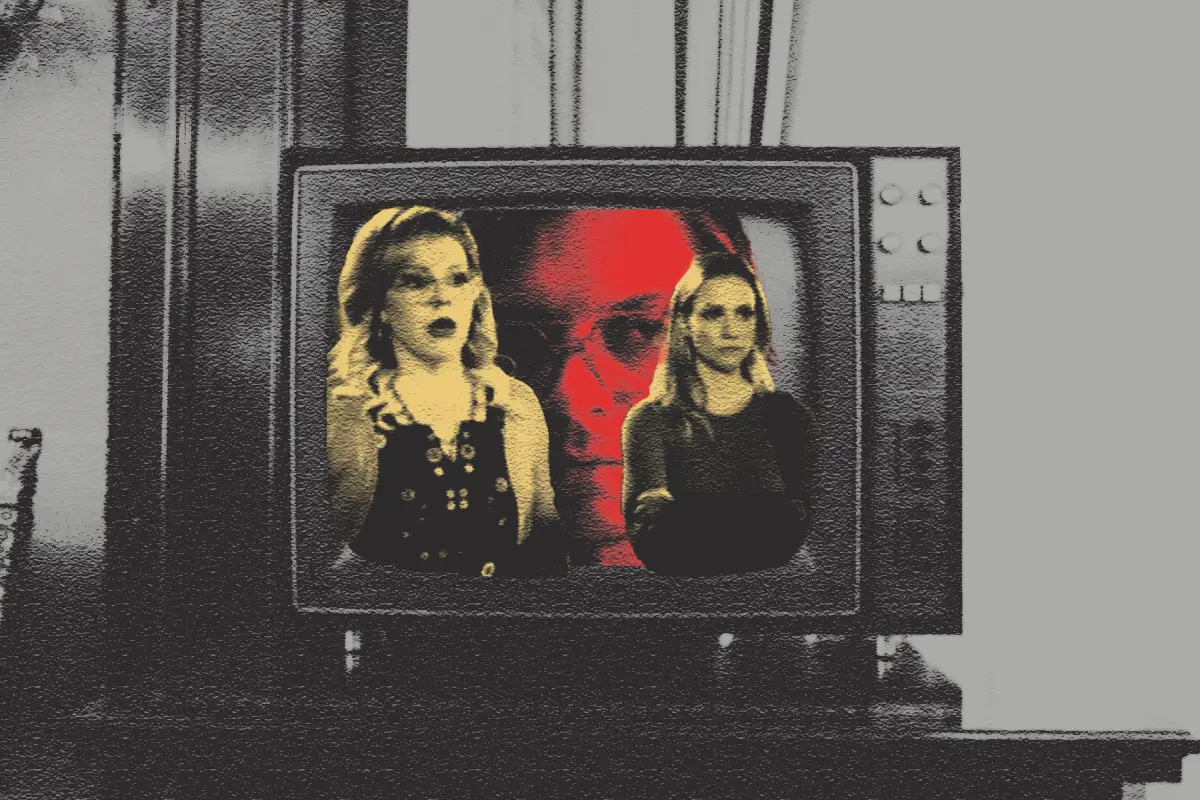True crime is a trending topic, with new podcasts and videos coming out every day covering a variety of gory crimes. But is it such a new thing? From TV shows like “Forensic Files” to series inspired by real events like “Criminal Minds,” true crime has always been at the forefront of mainstream media. However, due to the evolution of social media, true crime has quickly turned more harmful. Its romanticization becomes more of a problem the longer it stays around because it turns these very real tragedies into trendy stories that last no longer than a week.
The more a story is covered, the more mainstream it gets, and the more people become subconsciously apathetic towards the subject, since soon, it becomes only a spectacle. When people call serial killers like Ted Bundy and Richard Ramierez “hot”, it belittles the lives that they took. Combined, these two took over 50 lives, and permanently changed the lives of those close to their victims. Even people who claim they are joking only succeed in further pushing the tragedy further toward joking and, eventually, into obsoletion.
Murder is the most popular crime covered by media outlets, but it is not the most common crime committed. It gains the most interest, therefore increasing the viewership of the media source. Profiting off a crime is a very popular means of making money. But news outlets are only one of many mediums that are used to make money from crime stories. Other platforms, such as streaming services like Spotify, Hulu, and YouTube also produce true crime series, and make money.
The commercialization of these topics shows that the creators have no regard for the lives of the people affected by the crime itself, but are instead focused on how they can profit off of others’ misfortune. There are instances where people do this correctly, using their platform to raise awareness instead of just focusing on profit. However, these are far outweighed by bad ones. An example is the controversy surrounding Netflix’s TV show about Jeffery Dahmer. From never consulting the families of the victims to the actor’s romanticizing portrayal , debates about the ethics of “Dahmer” abounded. Evan Peters, a popular and attractive actor who played Dahmer caused may to sympathize with the real life killer due to the way the show was written and how Dahmer was presented as a character one should feel sorry for. Yet, it made a lot of money, topping charts and becoming one of their most popular shows at its release.
Another incorrectly commercialized crime show “Criminal Minds”. The CBS show constantly references real-life disasters, such as the Waco Massacre. A little more than 90 people perished in the Waco Massacre, including some FBI agents. Airing episodes inspired by such true stories can be harmful because, like every show, it influences its audience. The violence depicted in this show can have bad influences because it turns the crime into entertainment.
Fictional shows that depict real life events are different from completely fictitious violence because in the ladder, there is a suspension of disbelief. The words “based on a true story” evoke a different emotion than a piece of media that is entirely fake, a feeling of intrigue.
The influence that “Criminal Minds” has on it’s audience is providing a root for further captivation into the world of true crime, which can bring about interest in forming their own versions of this entertainment, such as true crime podcasts or shows. This show specifically even harmed a member of the cast. Mandy Patinkin, who played Jason Gideon, stated that the reason he left the show was because the constant portrayals of intense violence were taking a toll on his mental health.
However, this commercialization of true crime isn’t confined to Netflix shows. YouTube is a very popular place to find these kinds of videos. Makeup tutorials and mukbang videos commonly consist of the creator discussing a true crime story while doing their makeup or eating. This puts the event they are discussing in a trivial light. The stark juxtaposition of doing your makeup or eating a meal while discussing the gruesome details of a murder puts their discussion topic at the same level as their activities.
Closely related to YouTube videos are true crime podcasts. People listen to podcasts in the background of their everyday activities. They trivialize the same way that the YouTubers do. Making true crime into background noise or entertainment disregards the victims and the investigators the story is about.
Romanticization and commercialization are pushed even further by social media. It spreads these topics faster than ever before, turning them into trends. When the trend eventually goes away, no one cares about the topic anymore. Then the cycle repeats with the next big spectacle. Especially on apps like TikTok where trends come and go very quickly, so many of these devastating stories become the new thing to make videos about., They rack up views because of the morbid interest that devastation sparks. Toward the end of the trend’s life, dark-humored jokes get made about it, and this is where the “dark humor” comes about, reducing reduce the victims’ lives to nothing more than a joke.
The ethics behind true crime have been long debated. With new arguments appearing all the time, it doesn’t look like the conversation will be ending anytime soon. Taking a part in this media through consumption comes with a responsibility. The consumer will either perceive crime media as nothing more than entertainment, or take it as a learning experience about how real tragedies are turned into podcasts, TV shows, and movies.
Altogether, the desensitization of the modern world to crimes is further pushed by people who make a profit off of real-life tragedies and others who take that entertainment and turn the people affected by the crime and their experiences into jokes. This effect of true crime can be very harmful because it causes people to not take crimes as seriously as they should be, and overall turns them into less empathetic people, not caring about the real people whose pain is being used for profit. The result is an unempathetic world that does not help the distressed victim right next to them.
Not watching or listening to any true crime is not the solution to this problem, but neither is completely ignoring the morality of the situation. The solution is to take it in with a conscious mindset. Was the entertainment produced ethically? Is it taking part further harming the families of the victims?
To not look solely at the ethics of true crime, but also introspectively at one’s own morality and how one’s actions affect others, even if they seem miniscule, can make the world a more empathetic place.

















